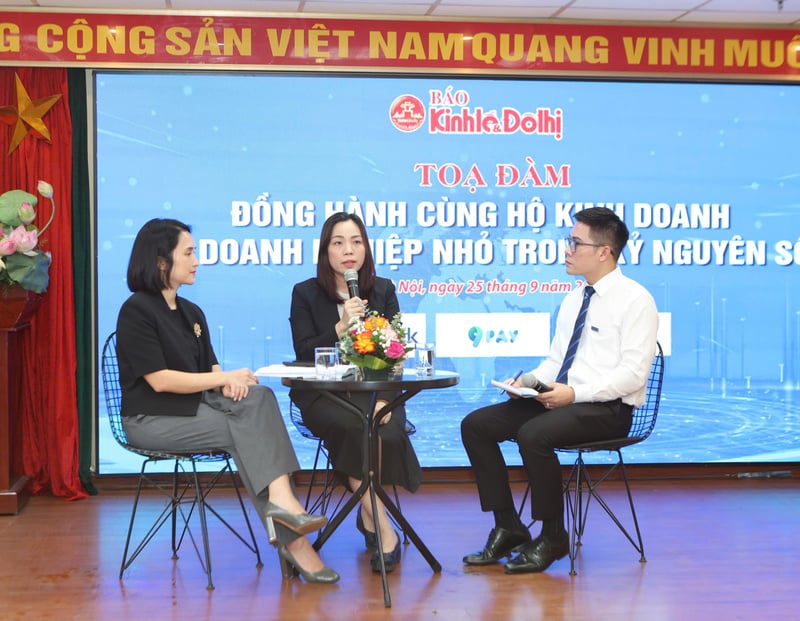 |
The discussion took place in the context of the Politburo issuing Resolution 68-NQ/TW on private economic development, affirming that this sector is the leading important driving force of the economy.
In parallel, from June 1, 2025, Decree 70/2025/ND-CP officially took effect, amending many regulations related to invoices and documents, gradually replacing the lump-sum tax mechanism with a declaration mechanism. This poses new requirements for millions of business households and small businesses, especially in the service - tourism sector such as Hoan Kiem district.
According to Decree 70/2025/ND-CP, from 2026, business households will have to manage revenue, expenses, issue electronic invoices and make periodic declarations instead of paying fixed taxes. The new regulations help to be more transparent but also make many households concerned about costs, procedures and technology application capacity.
Ms. Nguyen Van Hang - a long-time accessory seller at Dong Xuan market (Hoan Kien ward, Hanoi) confided: "At middle age, although I am used to using smartphones, when I heard about electronic invoices connecting directly to the tax authorities according to Decree 70, I still felt worried. I am only used to writing in notebooks, now hearing about technology and declaring new taxes makes me scared. My monthly income is not high, now I have to spend a lot of money if I have to buy more equipment."
This concern is not only Ms. Hang's but also reflects the common reality of thousands of business households struggling to adapt to the digitalization process, especially in the context of Decree 70 stipulating that business households are required to use electronic invoices through cash registers. A tourism service business also said that due to the nature of having to pay many small amounts to restaurants, hotels, tour guides, transport vehicles, etc., if done manually, it would take a lot of time and be prone to errors. Is there any way to automate these expenses?
“Not to mention, my hotel mainly receives international guests through booking applications like Booking, but does not have its own payment system or IT staff. So is there a way to receive deposits directly from foreign guests to Vietnam safely and quickly?”, Mr. Luu Van Hoa - owner of a small hotel on Hang Be Street (Hoan Kiem Ward - Hanoi) asked.
Ms. Nguyen Hong Trang, Vice Chairman of the People's Committee of Hoan Kiem Ward, said that in the ward there are thousands of individual business households and small enterprises, many of which operate in the fields of trade, services, and tourism. This is an important force contributing to the local budget and creating jobs for workers. However, this group is under a lot of pressure when having to quickly adapt to the new requirements of Decree 70, from the use of electronic invoices to the management of accounting books.
Sharing the concerns of business households, Ms. Le Yen, Director of Hanoi Tax Consulting Company (Hanoitax), also said that the biggest concern of business households is not only tax procedures, but also the fear of having to change long-standing business habits. However, if looking at the positive side, switching to a declaration mechanism will help business households to make their revenue transparent, easily access credit capital and expand their scale.
Similarly, Mr. Nguyen Ha Thanh, Deputy General Director of Dong Xuan Joint Stock Company, said that traditional markets like Dong Xuan are facing great opportunities for innovation, but also need strong support from technology and policies. Dong Xuan Market currently has more than 2,200 business households trading, welcoming over 100,000 visitors and shoppers each year. On average, each year, business households at the market contribute about 67 billion VND in taxes to the State budget. The application of digital payments and electronic invoices not only helps small traders operate transparently but also enhances their reputation, creating an advantage in competing with modern sales channels.
Answering these difficulties, Ms. Vu Quynh Huong, Marketing Director of 9Pay Joint Stock Company, said: "In order for businesses and small enterprises not to be left behind, fintech solutions need to focus on simplicity, ease of use and reasonable costs."
It is known that 9Pay has developed a multi-utility payment gateway, supporting electronic invoice issuance, bank connection and especially optimized for small transactions at traditional markets or tourist shops. Recently, 9Pay has introduced the TingTing Speaker solution - a device that notifies the results of money transfer transactions by sound, designed specifically for businesses and small traders. As soon as the transaction is successfully completed, the TingTing Speaker emits a notification signal, helping shop owners feel secure in selling, avoiding risks from fake bills...
Source: https://baodautu.vn/go-vuong-thanh-toan-so-nop-thue-dien-tu-cho-ho-kinh-doanh-doanh-nghiep-nho-d393693.html



![[Photo] National Assembly Chairman Tran Thanh Man attends the inauguration ceremony of the Memorial Site of National Assembly Standing Committee Chairman Bui Bang Doan](https://vphoto.vietnam.vn/thumb/1200x675/vietnam/resource/IMAGE/2025/9/28/6feba23492d14b03b05445dd9f1dba88)

























































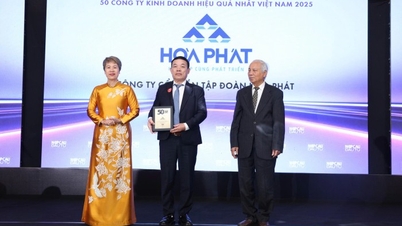








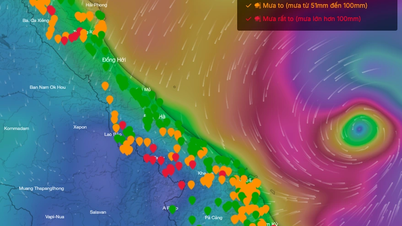





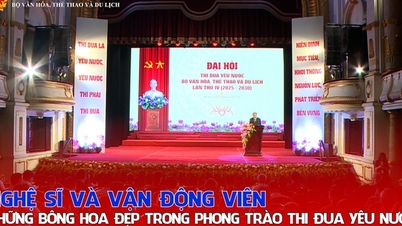










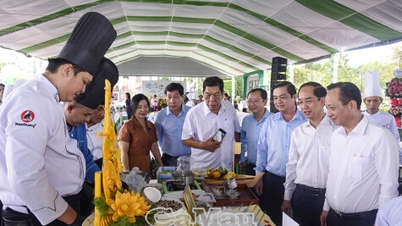







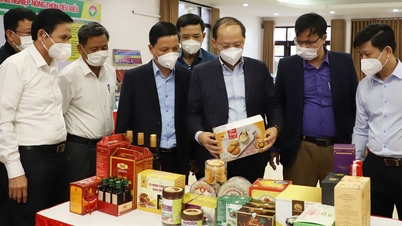




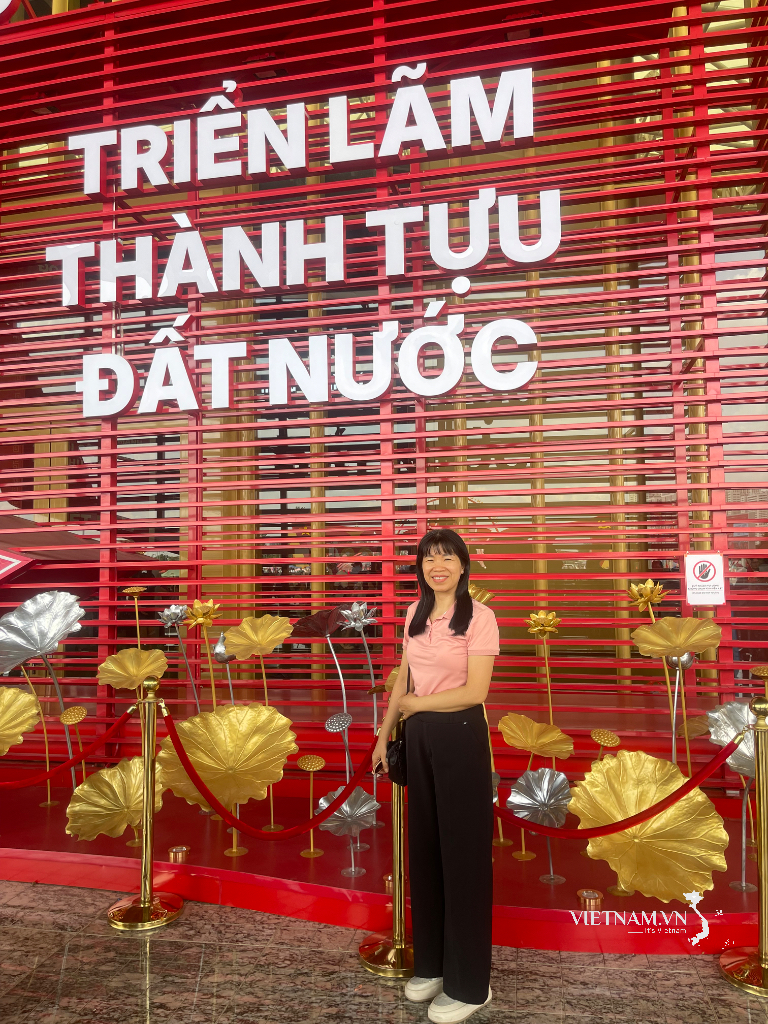

Comment (0)